Prodrive has partnered with UK-based design agency Astheimer to create the Evolv, a tiny electric van concept that will form the basis of a £25,000 production version in 2028.
Designed for ‘last-mile’ delivery services in cities, the Evolv is a 3240mm-long, 1450mm-wide cargo-mover that’s claimed to have significantly more load space than similarly sized L7e-category (sub800kg) quadricycles while weighing half as much as a comparatively capacious conventional van.
The Evolv weighs just 850kg with batteries fitted, but its makers say it can accommodate a 1.6m pallet with a 300kg payload in its main load area, with a smaller secondary storage bay providing space for another 1.2m pallet and 200kg load.
Engineered by Prodrive and designed by Astheimer (responsible for 2022’s striking Aura sports car concept and the Volta Zero electric truck), the Evolv has been conceived to cater to a growing demand from logistics firms and retailers for “versatile, zero-emission vehicles”.
The two companies have formed a new company, called Elm Mobility, which will develop the concept over the coming years with a view to selling it from 2028. Funding so far comes from the Niche Vehicle Network, the Advanced Propulsion Centre (APC) and an unnamed private investor.
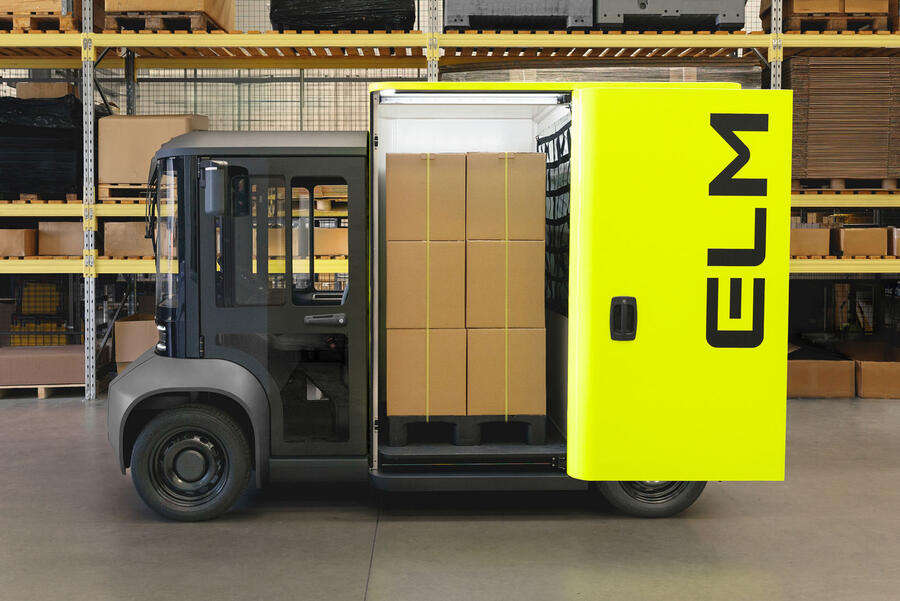
To give it a competitive edge, Prodrive has engineered the Evolv so that it conforms to the same passive safety standards as conventional vans from the N1 category.
“We think there’s a moral obligation to keep people safe,” said Iain Roche, CEO of Prodrive Advanced Technology and co-CEO of Elm Mobility.
Astheimer, meanwhile, has ensured that “everything about the design is fit for purpose”, with an emphasis on reducing weight and making the Evolv as simple as possible. A defining characteristic is that the single-seat cabin has been ‘minimised’ so the load space accounts for a class-leading 60% of the vehicle’s volume.
The Evolv also has a wraparound windscreen for maximum visibility of cyclists and pedestrians, fared-in headlights to reduce the risk of accident damage and “highly robust” modular body panels that can be replaced quickly and cheaply.
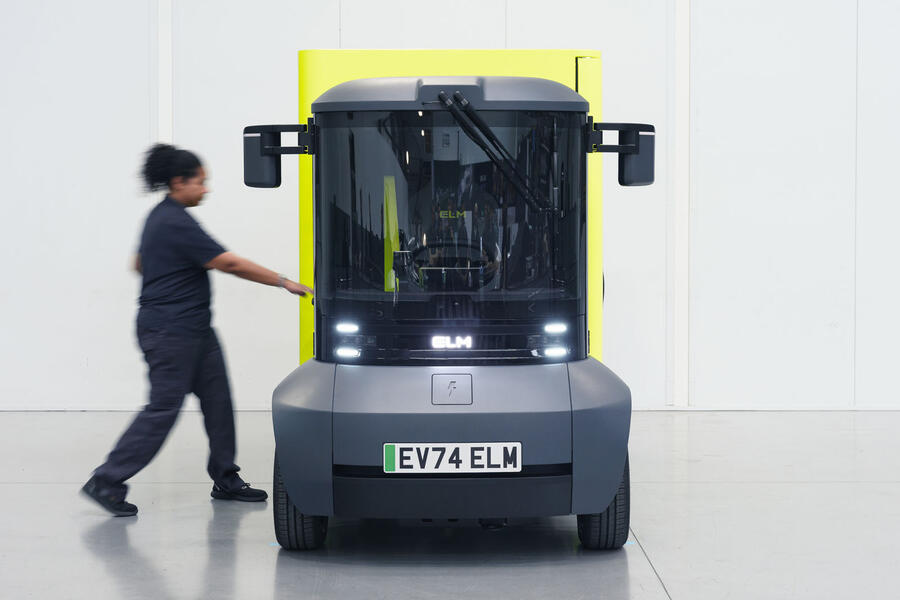

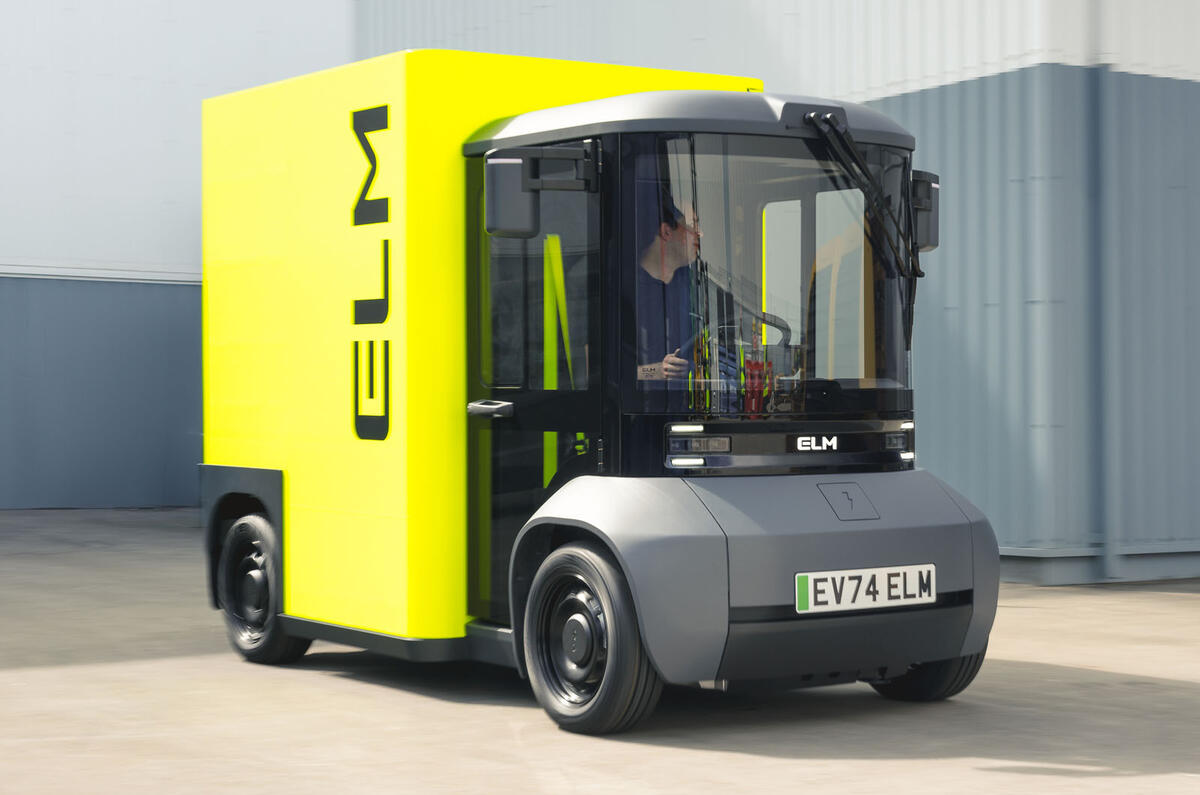
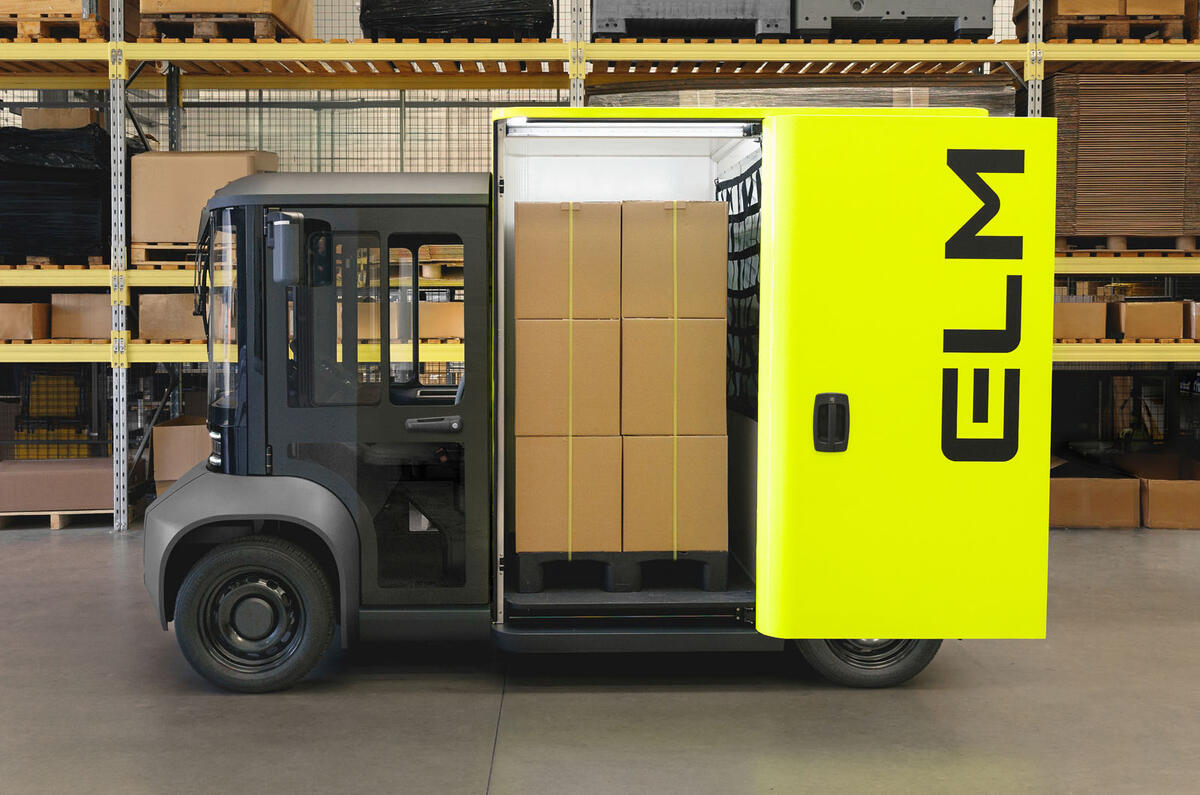
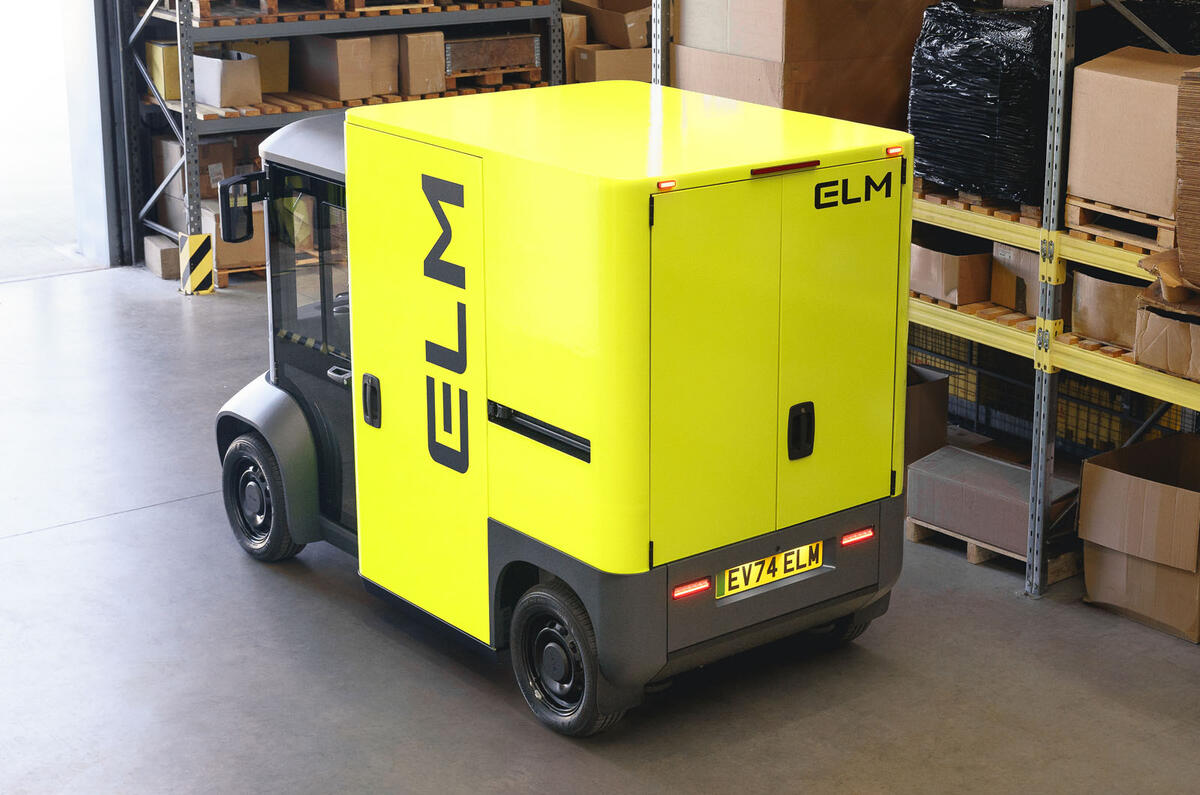
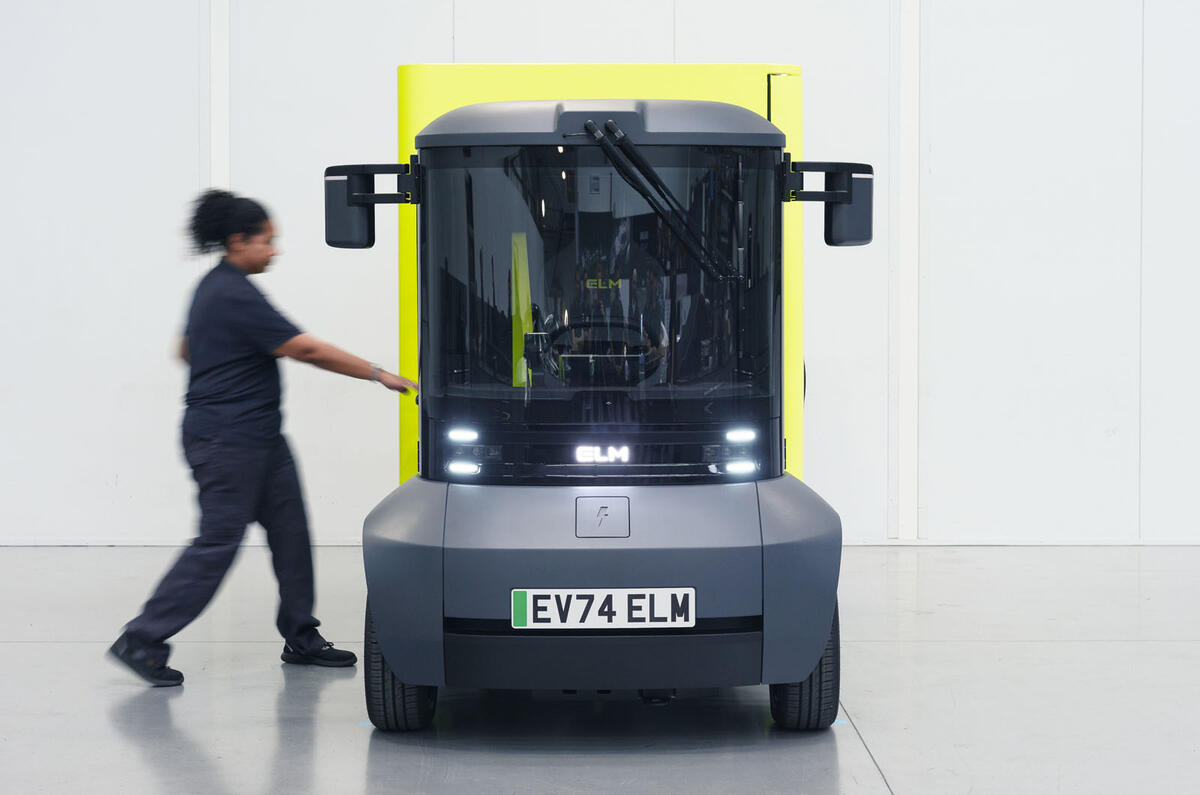
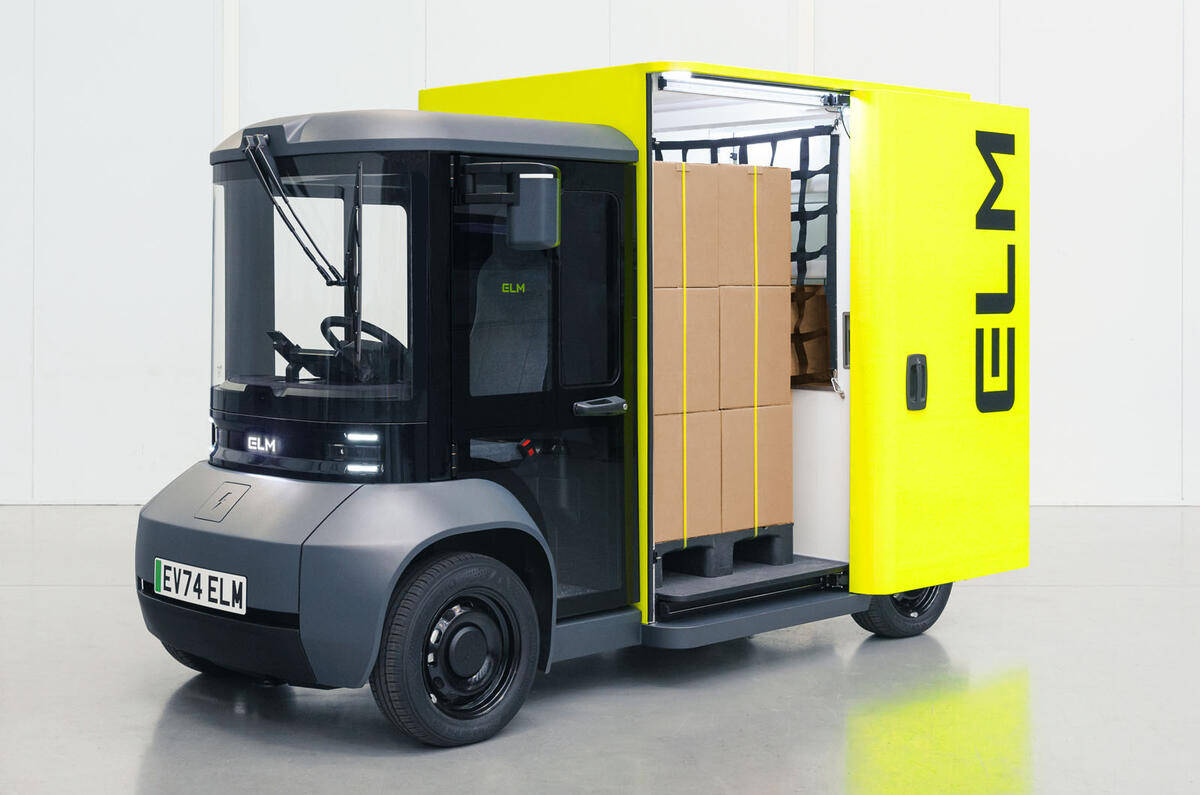
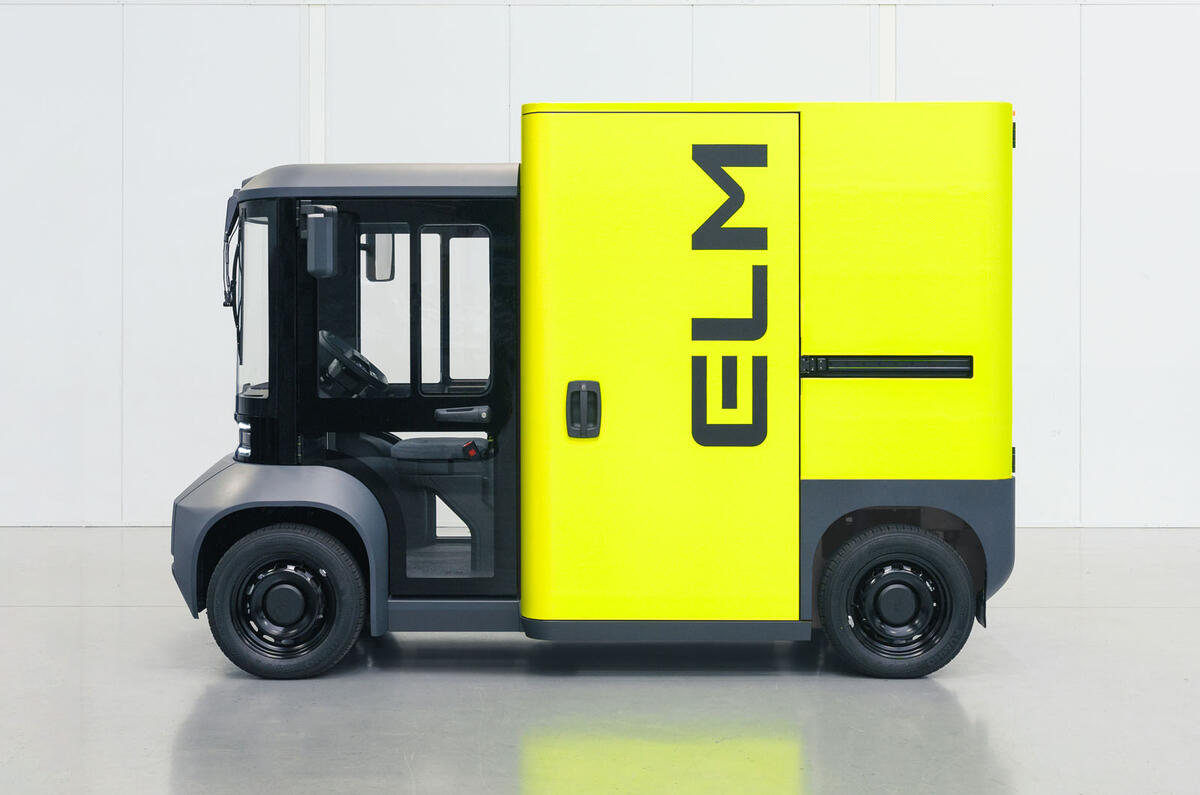
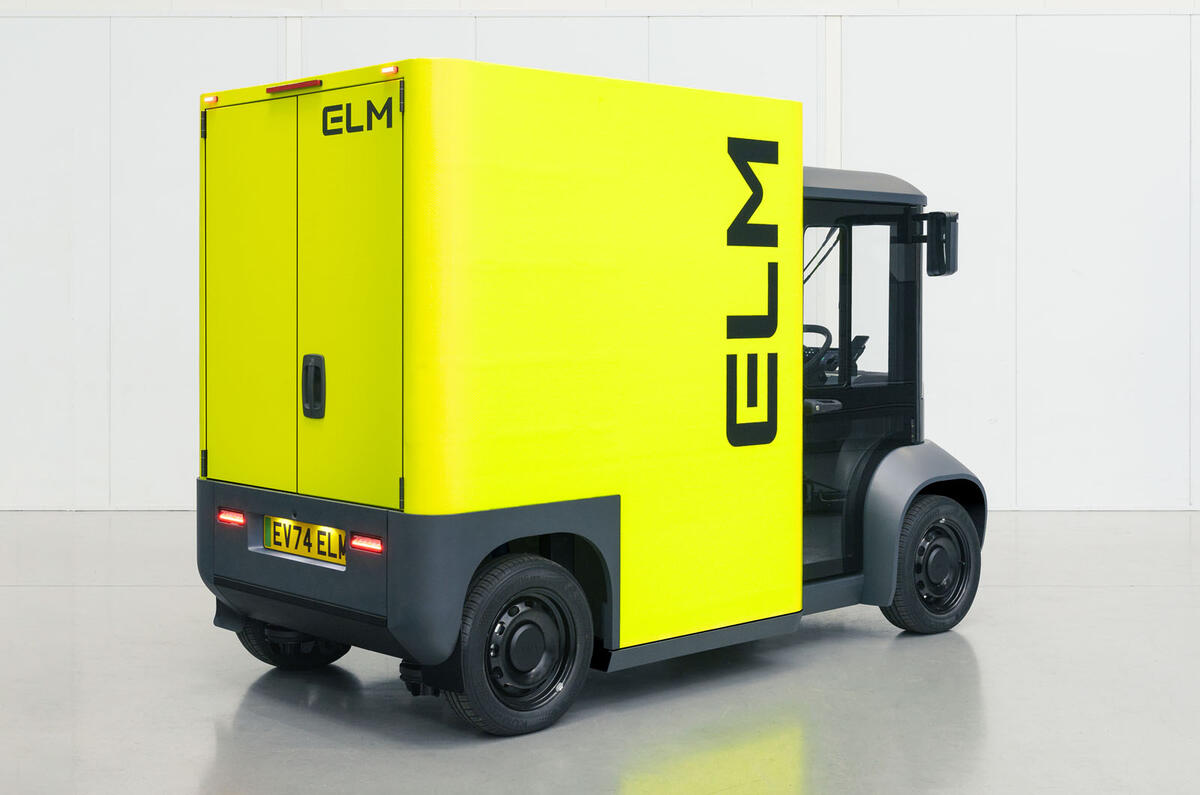
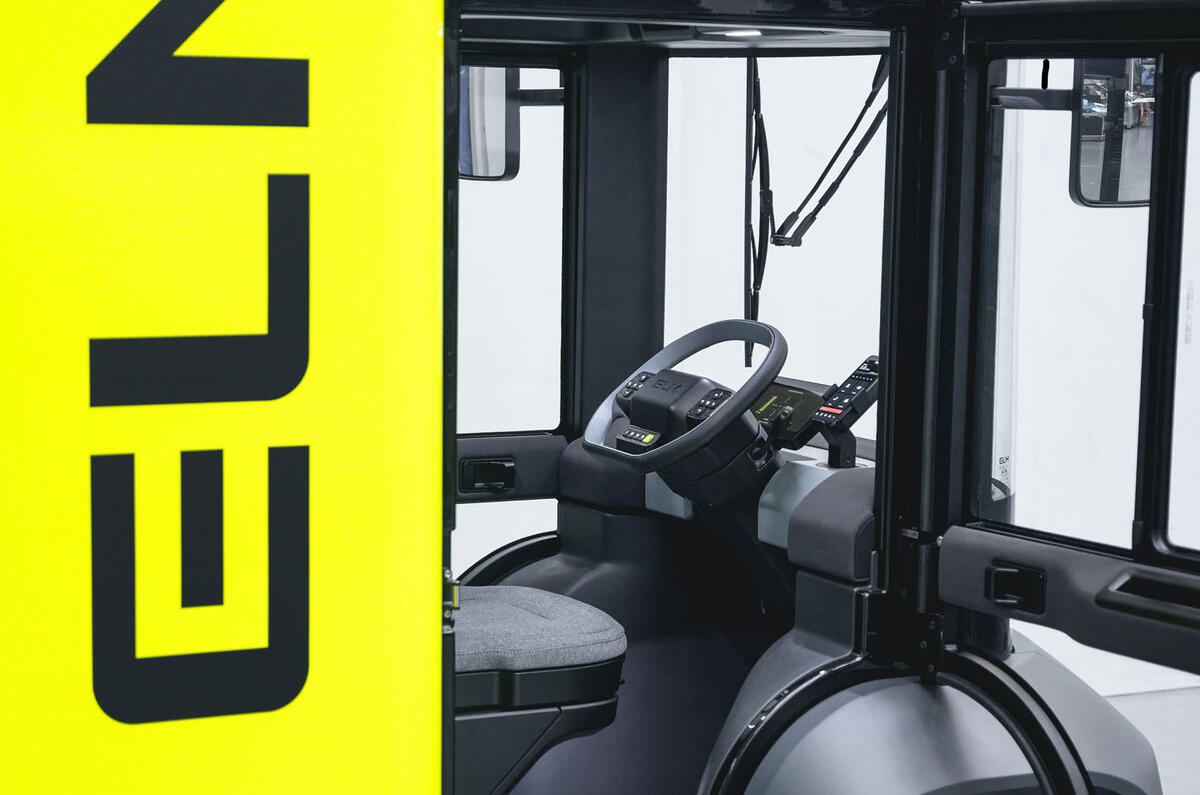
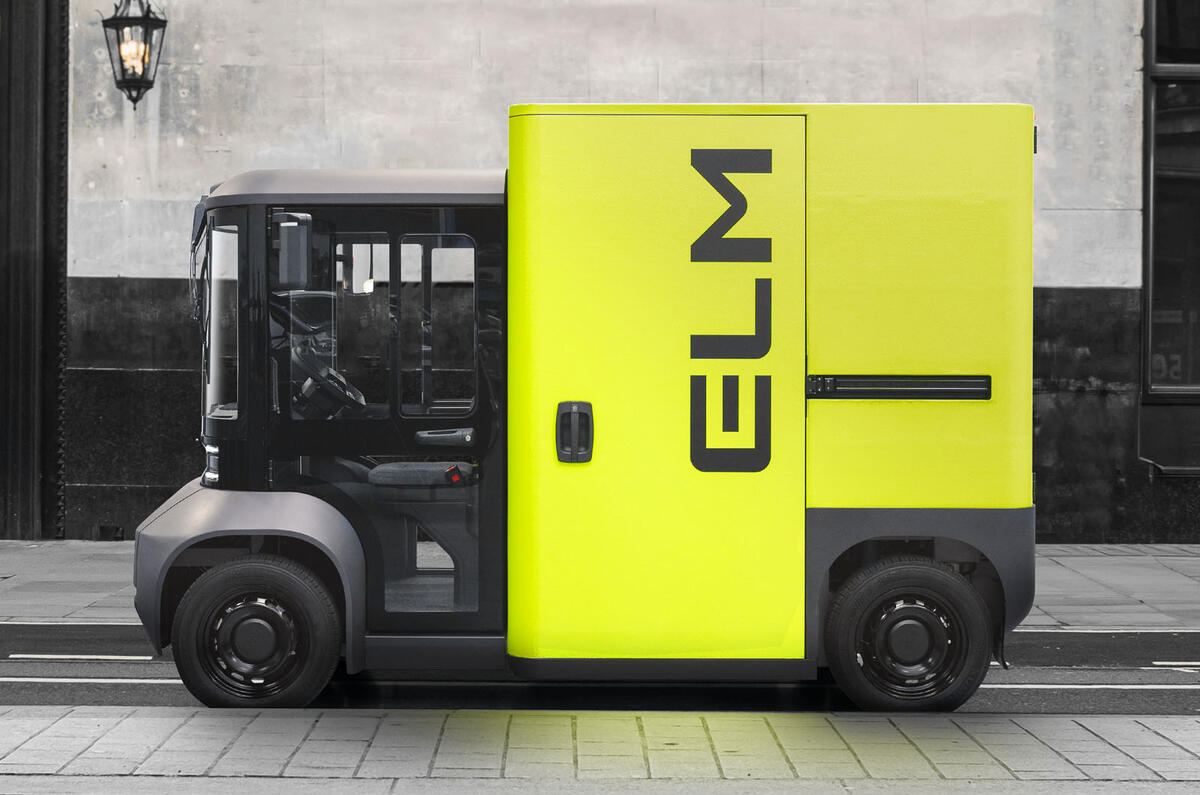
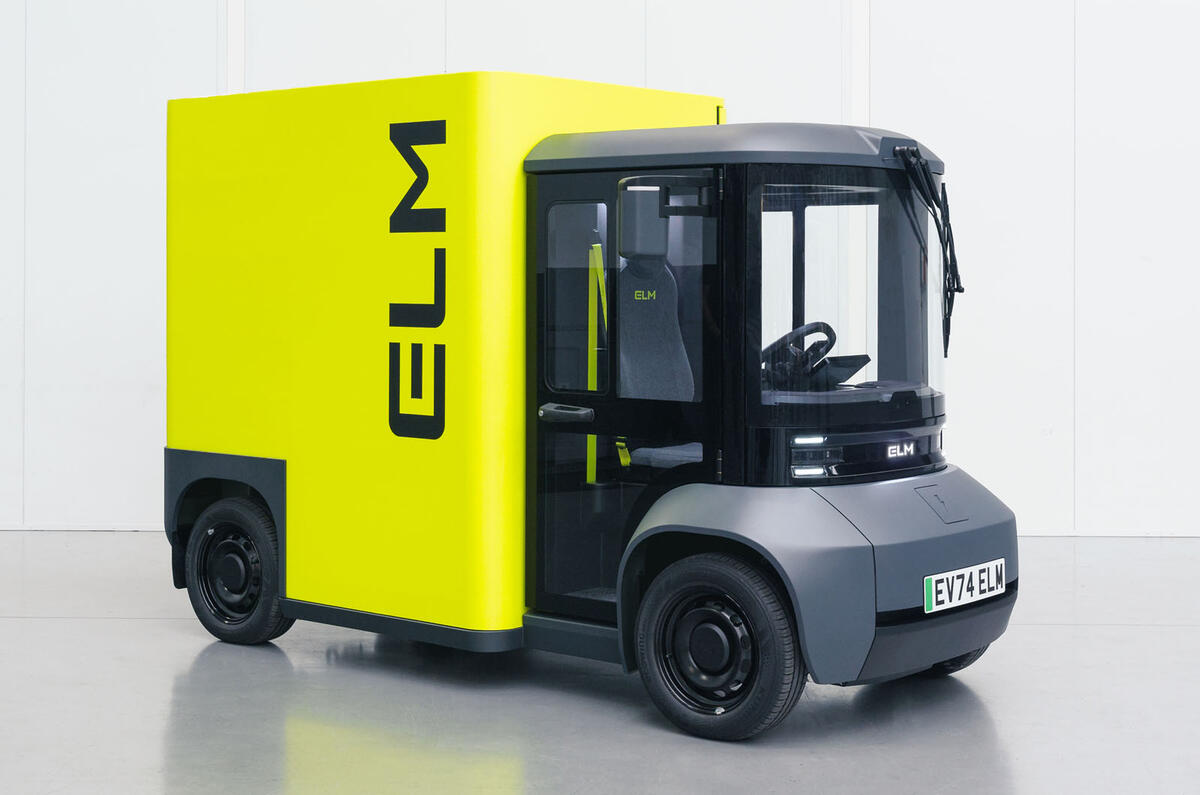






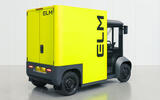


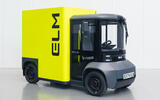

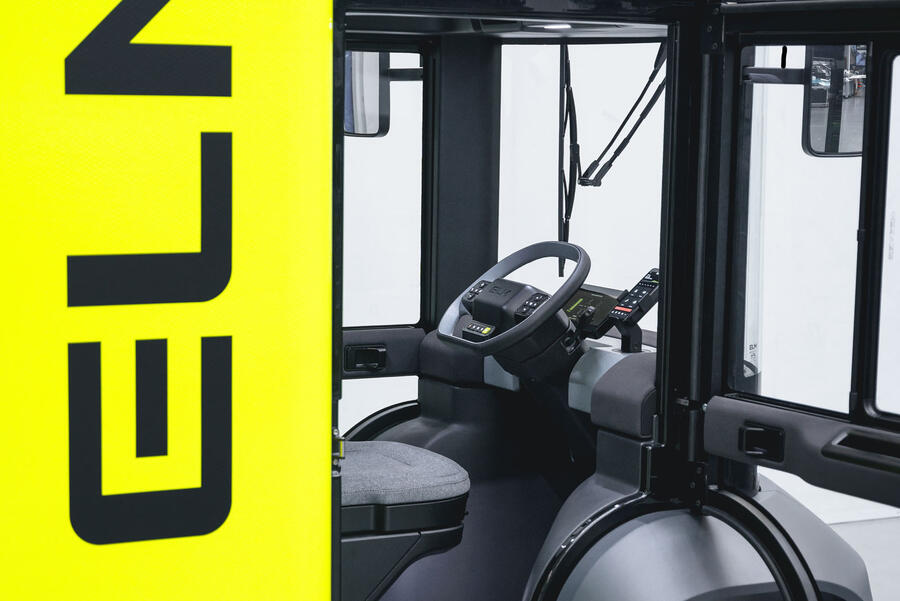
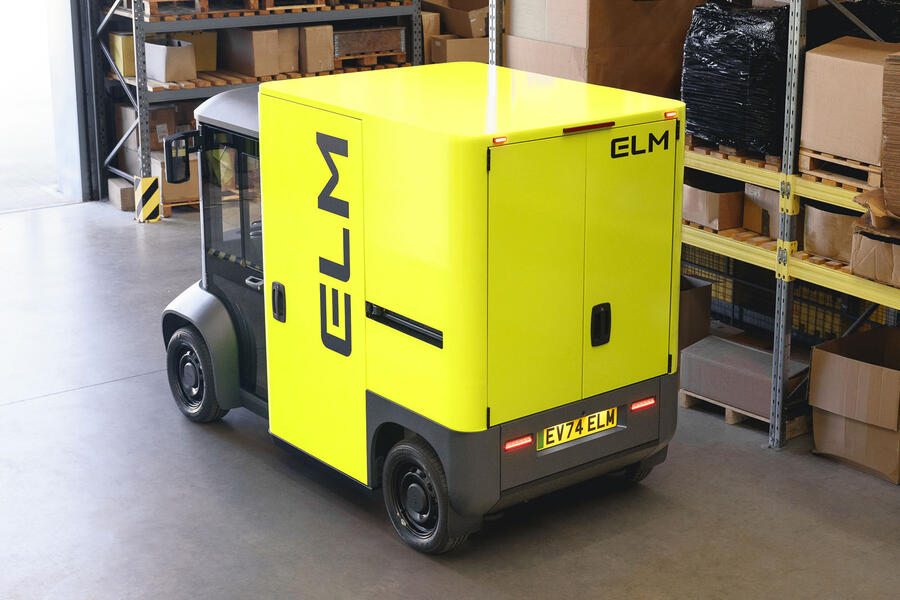





Join the debate
Add your comment
Woah, a £25k electric van in 2028? Sounds kinda cool! This could be huge for small businesses. I wonder how it'll stack up against other planet clicker game style time wasters lol.
They've missed a trick - despite being small, it needs to be able to take an 8x4 sheet. Most small vans cannot, and it's really annoying. As another commenter says, they should be releasing this next year, not in four freakin' years!!! That's just plain crazy.
2028?
Why do these companies come out with this nonsense? If they're making noise now this needs to be on sale next year.